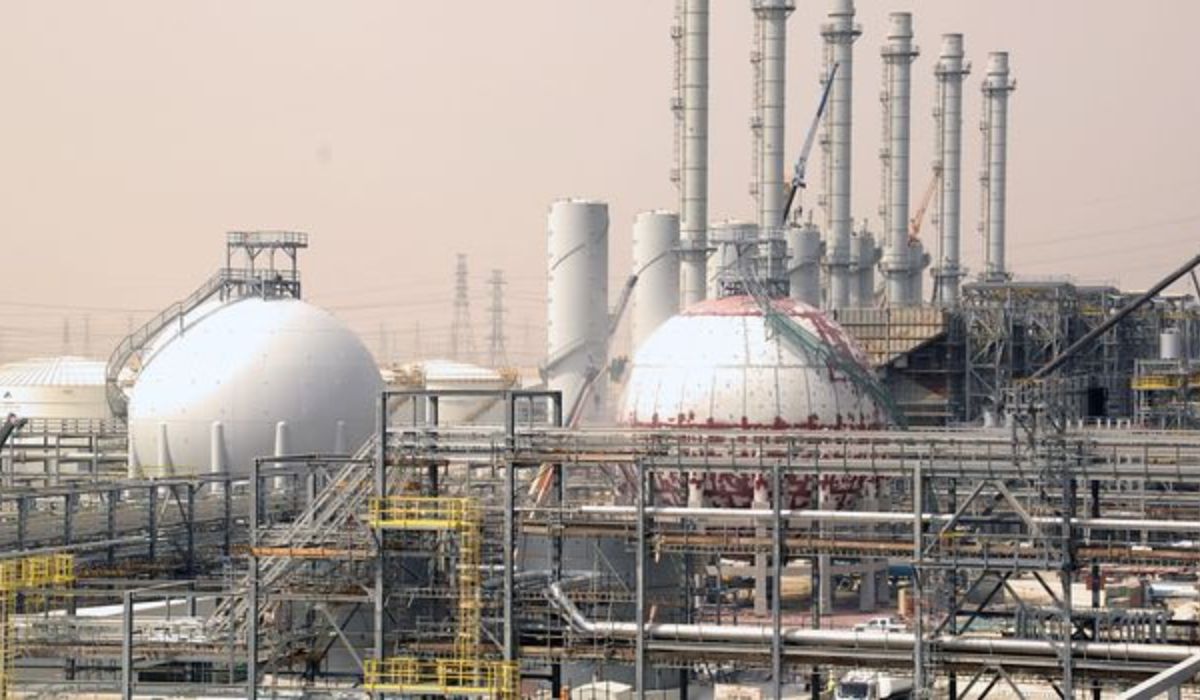Lawmakers Push for Bitcoin Mining to Absorb France’s Excess Power

French lawmakers are exploring the idea of using Bitcoin mining to help manage excess electricity produced by the country’s nuclear energy sector.
A new legislative proposal submitted to the National Assembly calls for an official study into how Bitcoin mining could be integrated into France’s national energy infrastructure as a strategic tool for handling surplus electricity.
France currently generates over 70% of its electricity from nuclear power, making it one of the world’s leading producers of low-carbon energy. However, this advantage often results in energy overproduction, leading to economic losses.
Raphaël Bloch, co-founder of the French crypto media outlet The Big Whale, recently estimated that France lost around €80 million worth of unused electricity in 2024 alone. Lawmakers backing the proposal argue that Bitcoin mining could convert this otherwise wasted energy into economic value.
The proposal describes Bitcoin mining as a flexible and adaptable energy consumer that could support grid stability while reducing strain on nuclear plants. By quickly scaling mining activity up or down depending on available energy, mining centres could absorb excess production and reduce the need for disruptive power adjustments.
Lawmakers also suggest repurposing abandoned industrial facilities as mining sites, with the added benefit of recovering and reusing the heat generated by mining to serve nearby communities and businesses.
If approved, the proposal would mark a significant shift in how France views Bitcoin mining—from a controversial activity to a potential pillar of its energy strategy. Advocates believe it could align with national decarbonization goals while also driving innovation, economic activity, and job creation in underutilised areas.





